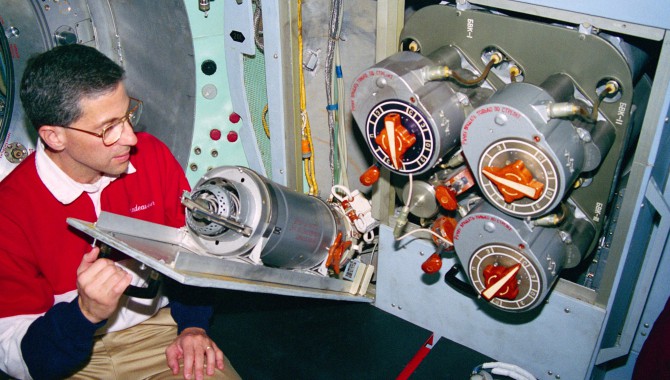
Supplying oxygen is only one of many life-support necessities for human spaceflight, but it’s obviously one of the most vital.

Supplying oxygen is only one of many life-support necessities for human spaceflight, but it’s obviously one of the most vital.
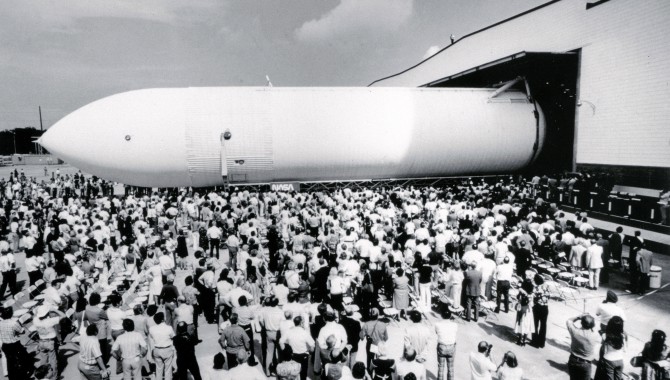
By Russel Rhodes There is more to a ballistic rocket than hardware and software. Think about all the fluids required to power its systems.
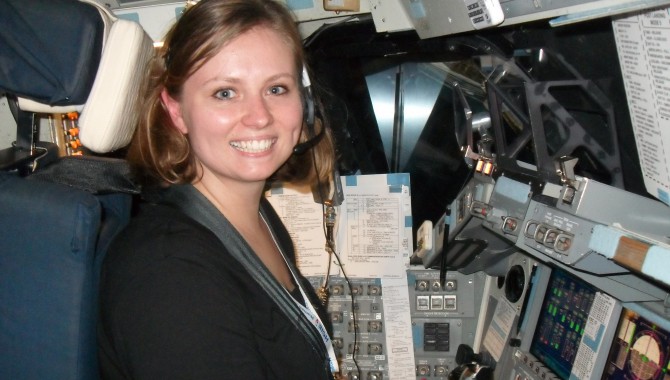
By Alina Zater My name is Alina Zater, and I’m a senior at American Public University, where I’m soon to earn a bachelor of science in space studies.
By Ed Hoffman Many years ago, I was hired to design and implement strategies that supported teams at Goddard. Because performance happened at the team level, the idea was to complement traditional individual-development activities with team support.

Don Cohen, Managing Editor One of NASA’s stated goals is to “expand scientific understanding of the earth and the universe in which we live.”

On July 31, 2011, Expedition 28 astronaut Ron Garan looked out his window aboard the International Space Station and saw the moon. In fact, he saw it sixteen times. “We had simultaneous sunsets and moonsets,” said Garan. For him and the rest of the station crew, this extraordinary event is a daily occurrence. Since the […]
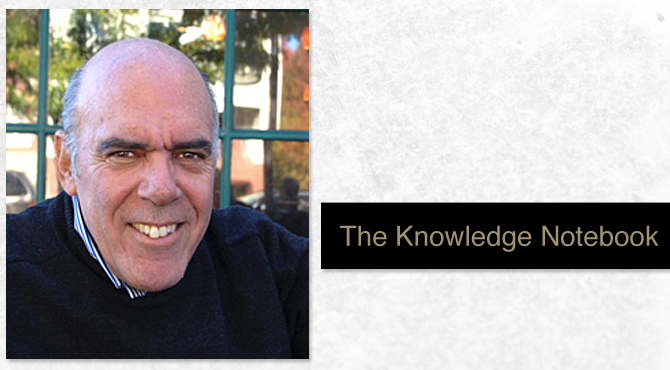
By Laurence Prusak How do you evaluate a situation quickly—in seconds or minutes? Do you think it through systematically, evaluating the evidence at hand, weighing all the inputs and coming to a coherent and cohesive conclusion?
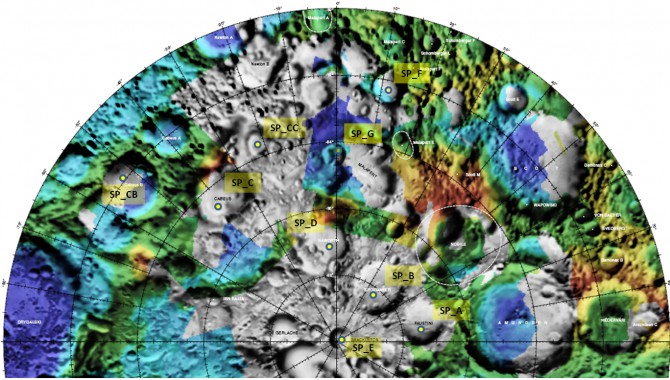
By Daniel Andrews It’s 3:30 a.m. on Saturday, August 22, 2009. My cell phone rings. As the project manager for the Lunar Crater Observation and Sensing Satellite (LCROSS), I was used to sleeping with the phone near my bed ever since launch.